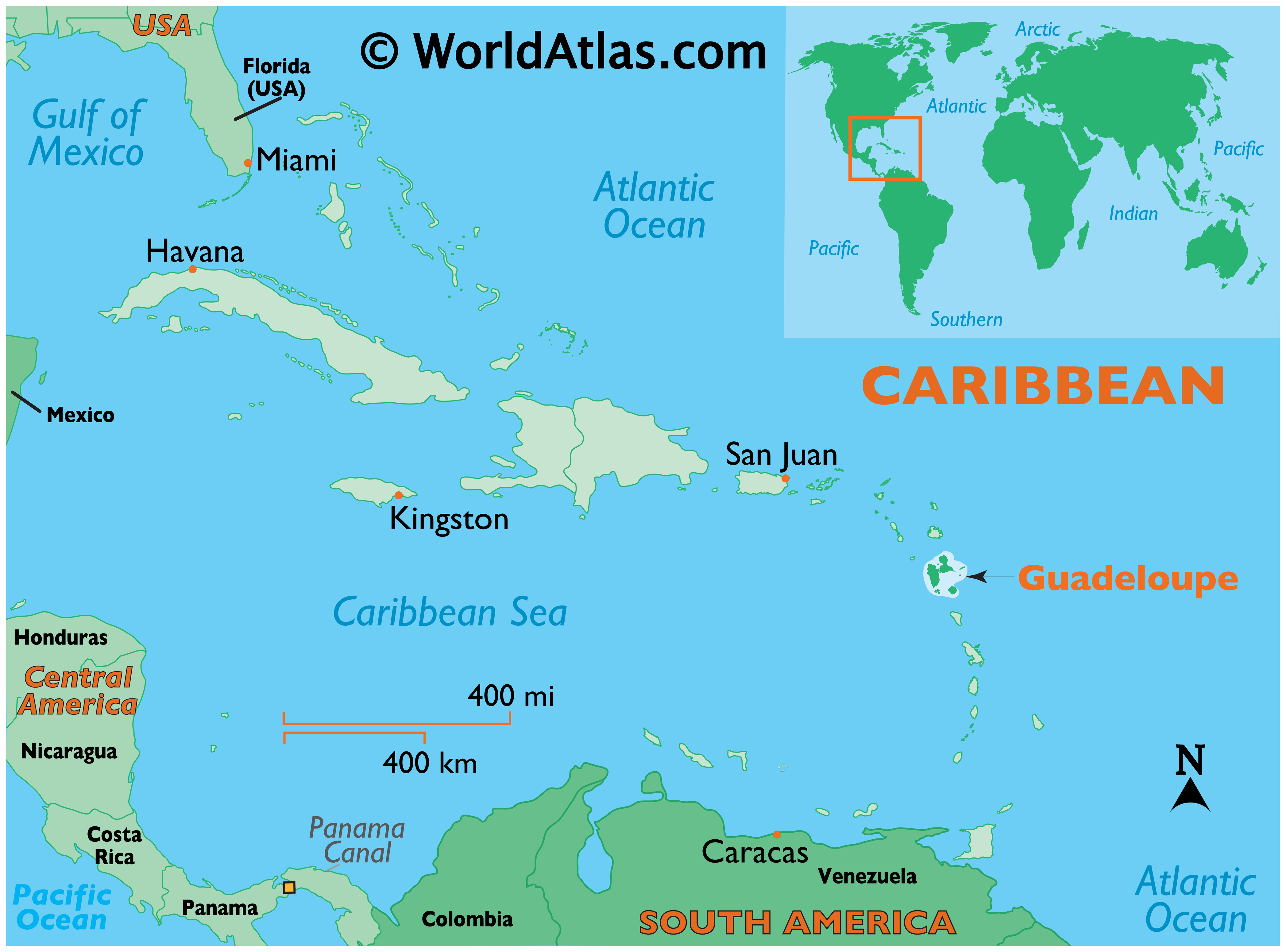General Discussion
Related: Editorials & Other Articles, Issue Forums, Alliance Forums, Region ForumsFrench Overseas Territory Guadeloupe Declares Dengue Epidemic
The Caribbean archipelago of Guadeloupe has declared a dengue epidemic, with authorities noting the outbreak was being driven by a less common strain of the mosquito-borne disease.
DU-ers thinking of going to the Caribbeans this winter should be mindful of this threat.

"Dengue fever has entered the epidemic phase" in Guadeloupe regional health authorities warned, just at the beginning of the tourist season and on the eve of the end-of-year festivities.
This particular strain of the dengue virus has not circulated much in the last 20 years leading to the possibility of "severe forms" with "a high number of cases to be expected if control and prevention actions are not implemented".
The dengue 3 serotype (DENV-3) is one of four variants of the virus.
The health authorities said among 62 samples analyzed between late September and mid-October, 97 percent were caused by DENV-3.
The average of 80 cases per week at this time of year has been far surpassed.
At the end of October, the agency estimated the weekly figure hit 540 – more than double the number seen in September.
Hospitals were reporting a similar spike, with around 40 emergency room visits per week for suspected dengue cases, compared with 25 in Sep 2024.

At least 22 human pathogens are associated with the tiger mosquito which flies by day and night. Mosquitos are the deadliest animal on earth today. Dragonflies are one of nature’s remedies for mosquitos. As larvae, dragonflies eat mosquito larvae; as adults, dragonflies eat adult mosquitos. (Photo: inaturalust.org)
Dengue, also known as "tropical flu", can cause high fever, fatigue and body aches, although most people have no symptoms. Severe cases can trigger bleeding, internally or from the mouth and nose.
The virus is spread by the Aedes "tiger" mosquito that breeds in stagnant pools.
Guadeloupe authorities stressed the need "to combat mosquito vectors and breeding grounds for larvae that can develop in water reservoirs around or inside homes, which may have accumulated after recent rainfall".
People are advised to wear loose-fitting clothing to cover the skin, use insect repellent and mosquito netting over beds.
The World Health Organization (WHO) said the number of reported dengue cases worldwide has approximately doubled each year since 2021, with over 12.3 million cases, including more than 7,900 deaths, reported in just the first eight months of 2024.
The WHO has linked the spike in the number of cases to global warming.
Sources:
https://www.guadeloupe.gouv.fr/Actualites/Communiques-et-dossiers-de-presse/EPIDEMIE-DE-DENGUE-La-mobilisation-de-tous-est-necessaire
jalan48
(14,371 posts)C0RI0LANUS
(1,280 posts)